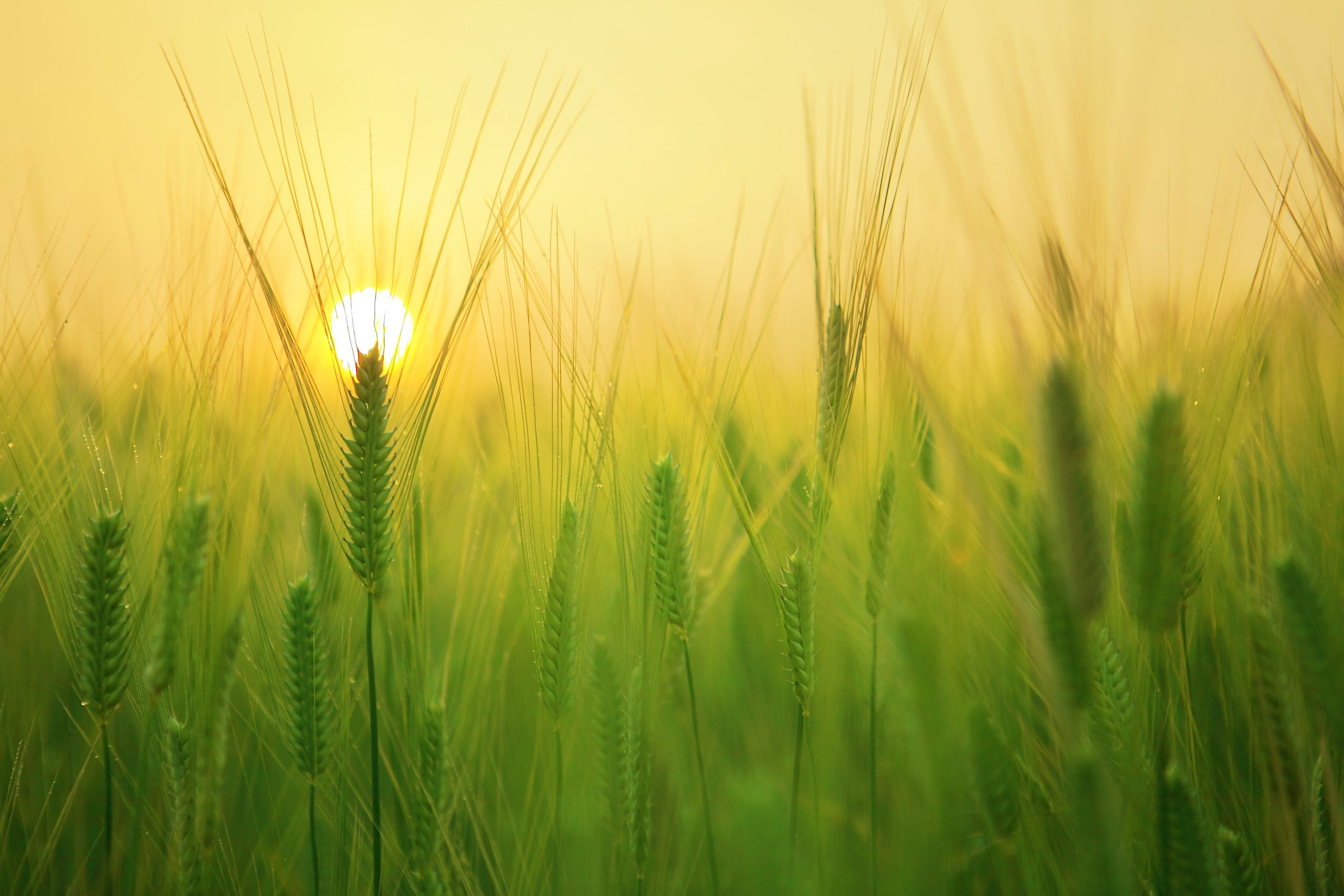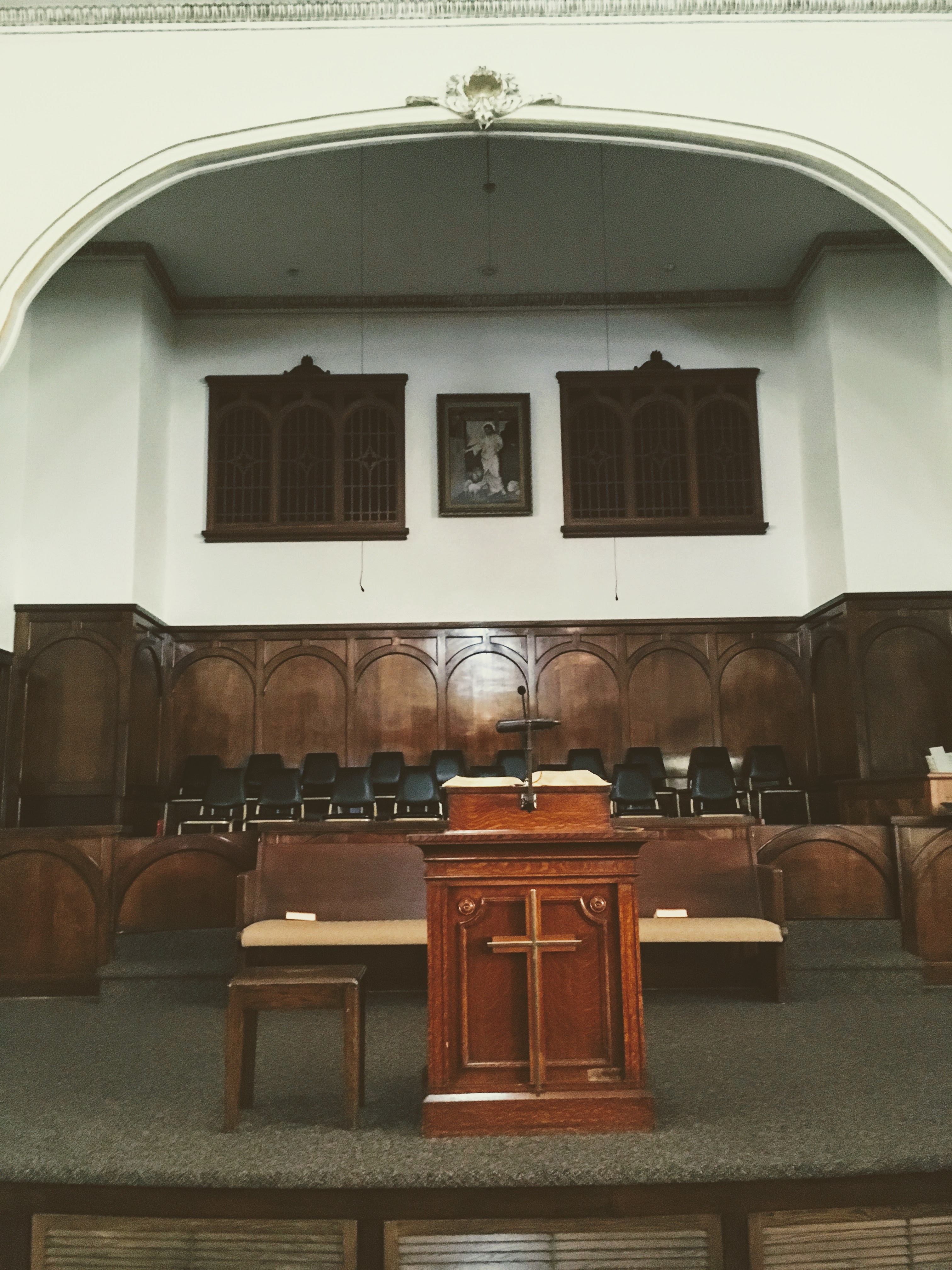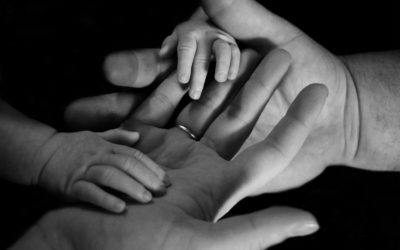May 24, 2020
Musical Prelude – Jocelyn Mallonee
· Scripture – Psalm 46
· Flowers – Jacque Robinson
Announcements
- We are live streaming on Facebook and not gathering at the church for worship, at least through the month of June.
- During the live streaming, we do have room for a few people to come and serve as a kind of facing bench. If you would like to be among a handful of people who worship with us in person, be sure and let the office know. Call or email the church office, and we’ll put your name in the hat.
- Also, please feel free to share our worship with your Facebook friends by posting a link on your page.
- Among church activities this week are the book club on Tuesday night and a cooking class on Friday, both via Zoom. Check the emailed This Week for details.
Prayer Concerns:
- Greg Newby – Has been diagnosed with a highly curable form of lymphoma of the bone in his shoulder. Plans are to begin chemotherapy in early June.
- Dawn Blue is requesting prayers for her friend Rita Frakes who is fighting cancer for the 2nd time.
- Continued Prayers for the families and friends of those who have experienced these losses:
- Pearl Cole
- David Bengi
- Floyd Junior Brown
- Valerie Guilliams
If you have other announcements or prayer requests, please add them to the Facebook comments.
Prayer: God of Light and Life, we turn to you.
We receive from your hands life and health and joy and peace.
Message
As I was thinking about today’s worship, I wondered whether University Friends has Memorial Day traditions. So I asked, and people told me that, at least some years, meeting for worship on Memorial Day weekend would recognize the people connected to the church who had died during the past year. Those names, I’ve been told, would be printed in the bulletin. We don’t have bulletins these days, so in a bit, I will read the list.
The thought of recognizing people we have lost prompted me to think that today might be a good time to reflect on loss and grief in general.
Some of you might be saying, Oh, great! A depressing sermon today!
But I will persist. Why would I want to bring a gloomy message today? Three reasons: (1) The grief over losses is real. (2) The grief over losses doesn’t go away. (3) If we avoid facing into the pain, it will come back and bite us. These things I know experientially.
And as I reflect on loss and grief, I’m going to look at three types of losses: people who have died; losses related to the pandemic; and losses related to the time of transition for the congregation.
I’m not sure why, but these losses seem to layer on top of each other. That is, we don’t have loss related to death over here, and loss related to the pandemic over there, and loss related to changes in the church someplace else. Instead, they all pile into the same painful place in our hearts.
And, did I mention? The grief over those losses is real. It hurts, and it doesn’t go away; and if we don’t face it, it will come back and bite us in the behind.
So, let’s look at the losses.
First, we have lost people. In the past year, since last spring, this church has lost these people: Roberta Gonzalez; Betty Bales; Viola Teubner; Scott Snyder; Valerie Guilliams; David Bengi; and Pearl Cole. Let’s just sit with that for a moment.
Some of us have lost other people this year. Is that you? [Pause.]
Some of our people losses happened longer ago, and we still feel them.
Husbands. Wives. Daughters. Sons. Grandchildren. Parents. Aunts. Uncles. Cousins. Grandparents. Ex-husbands. Friends.
No matter how long ago or how recent the death, if you feel it, the grief is still real.
If we were gathered, I would suggest that you speak the names of people whose loss you feel. You can do that now, wherever you are, and if you wish, name them in the Facebook comments. I will name Laura Sherman, my daughter.
Let’s pause for a moment as we honor our losses and pray for one another.
In addition to these losses, we have losses related to the pandemic.
Even the deaths of people during the pandemic have been made more complicated by the fact that travel and gathering are not possible. Memorial services, important times to mark deaths, are deferred or, sometimes, held via Zoom. That’s difficult.
We have other losses related to the pandemic.
- Gathering in this space
- Church bulletins
- The choir
- Seeing each other
- Committee meetings (Well, ok, we don’t always experience lack of committee meetings as a lost, but….)
- Vacations
- Graduations and proms
- Recitals
- Hugs
- Being able to sit down and talk
- Eating out
- Going to the library
What have I left out? Feel free to name your losses, out loud where you are or in the comments.
And of those things that the pandemic has taken from us, some will come back. Some won’t. Hanging onto the hope that everything will come back will break your heart. It’s not going to happen. Some things that the pandemic has taken from us will not come back.
Yesterday, NPR published an article in their health news: “From Camping To Dining Out: Here’s How Experts Rate The Risks Of 14 Summer Activities” (https://www.npr.org/sections/health-shots/2020/05/23/861325631/from-camping-to-dining-out-heres-how-experts-rate-the-risks-of-14-summer-activit?utm_term=nprnews&utm_medium=social&utm_campaign=npr&utm_source=facebook.com&fbclid=IwAR0BoCIjnZDU3h3JOwV8VAxE8EdoSrRcZNYRFaJT53E9z1dUUNeUsyu4vww&fbclid=IwAR2cpeSYbLAIzYoh1z7FmJfrFLWmBFWXR2qMtx54p-QePTdzAfFpPYxK1Xw#worship).
Third on the list of 14 is “Attending a religious service indoors,” which the experts considered high risk. What they say coincides with much of what I’ve been finding about worshiping during the pandemic.
This is the section on worship from the article:
Worship services involve people from different households coming together indoors, for an extended time. “All of the ingredients are there for the potential for a lot of people becoming infected in the short amount of time,” says … an epidemiologist at the University of North Carolina at Chapel Hill. She points to outbreaks linked to churches: In one, 35 out of 92 people who attended a service at a rural Arkansas church developed COVID-19.
Singing — whether from the pews or the choir — is high risk, several experts noted, citing a study of a choir practice in Washington state where over half of attendees became infected.
What alters risk: If people are appropriately socially distanced, wear masks and avoid singing, it may reduce the risk, [one expert] says. Also avoid any shared worship items like hymnals, [another expert] adds.
Risk goes down if places of worship adapt, [a third expert] says. “My parish began having in-person services last week,” she says. The church had advance sign-ups to limit attendance to 25 people. Attendees were required to be healthy, wear face coverings and sit at least six feet apart.
In light of these realities, I want to be very clear – even when we are able to gather again for worship, and we will, not everything will be as it used to be.
- We probably will live-stream worship.
- We will need to practice safe distancing.
- We will need to wear masks.
- We may want to have a shorter worship service so that the amount of time we spend sitting together is within safety guidelines. Thirty minutes is the recommended limit.
- Choirs are not recommended for a year or two, until a vaccine is available.
- Singing as a congregation might not be the smartest thing to do.
- Will we want to pass an offering plate? Hand out bulletins?
- Will we want to have a self-service coffee pot?
- Will we want to hang out in the foyer?
- Pitch-in dinners seem as risky as a restaurant buffet.
We can be the church without having a choir or handing out bulletins. We can. But it won’t be the same. It won’t be the same. That hurts.
All these losses, big and small, are real. Honor them. Feel them.
And on top of those losses, change is happening at the church. All change involves loss of the way things used to be. Grief is part of the experience of change.
- Cliff and LaVonna are no longer the pastors here. It’s hard to say goodbye to them, I know.
- In a couple of months, we will no longer be formally connected with Mid-America Yearly Meeting. A long-standing relationship will not be the same.
- More change is coming: we need to face realities about the size of the congregation and what that means for the building and the committee structure. Facing those realities will mean change, and that involves loss, and loss hurts.
We long for the way things used to be, for the way things have always been. I heard someone recently say that, especially in the context of the pandemic, it would be so comforting to hear LaVonna’s piano and Cliff’s bass.
Facing these changes is painful. It is hard. It is disorienting. What the future will look like is uncertain.
We are about 11 months out from the time this congregation said goodbye to Cliff and LaVonna as pastors of this church. In the past few weeks, we have been recognizing how hard it actually is to say goodbye to them.
You may remember a message I brought in January, “Not All Who Wander Are Lost.” In that message, I compared the transition of a congregation to my grandma’s adjustment to a new stove and to the children of Israel’s leaving Egypt and heading out into the wilderness. Remember?
I said things like transition means letting go of the old and adapting to the new, with a lot of uncertainty in between.
In that January message, I also referred to William Bridges, an expert in organizational transition.
Here’s what Bridges had to say:
Transition isn’t “just gradual, extended, or unfinished change.” Transition is “a three-phase … reorientation process that people go through when they are coming to terms with change. It begins with an ending—with people letting go of their old reality and their old identity.
My grandma letting go of her wood stove. University Friends saying goodbye to Cliff and Lavonna.
… The neutral zone is a time and a state of being in which the old behaviors and attitudes die out, and people … prepare to move out in a new direction. It is a dangerous time for organizations, but it is also a time when innovations and experiments have an especially good chance of succeeding. Only after going through each of these first two phases of transition can people deal successfully with the third phase: beginning over again, with new energy, a new sense of purpose, a new outlook, and a new image of themselves” (Bridges, “Getting Them Through the Wilderness,” p. 3).
We are in the wilderness, the neutral zone. The pastor of 25 years is the pastor no longer. That loss is real and sometimes painful. We feel the grief. Sometimes we want to go back.
As you may recall from the story of the Exodus, when the children of Israel left Egypt, God led them. As Exodus 13:21 puts it,
The Lord went in front of them in a pillar of cloud by day, to lead them along the way, and in a pillar of fire by night, to give them light, so that they might travel by day and by night. (NRSV)
The cloud and the fire led the children of Israel to Sinai, where Moses received instructions from God about a new way of living and a new worship space, the tabernacle.
Numbers 9, beginning with verse 15, says that, as long as the people stayed put, the cloud and the fire would rest on the tabernacle.
Numbers 10, beginning with verse 11, says,
11 In the second year, in the second month, on the twentieth day of the month, the cloud lifted from over the tabernacle of the covenant.[a] 12 Then the Israelites … set out for the first time at the command of the Lord by Moses.
That would have been eleven months after they had first arrived at Sinai. Eleven months, and they are just starting out. All that time, the cloud and fire had been hovering.
All that time, God had been providing manna for them.
Then, once the children of Israel started out, what they had left behind got real. That loss hurt.
Numbers 11, beginning with verse 4, says they cried. They grieved.
“If only we had meat to eat! 5 We remember the fish we used to eat in Egypt for nothing, the cucumbers, the melons, the leeks, the onions, and the garlic; 6 but now our strength is dried up, and there is nothing at all but this manna to look at.”
I have been reminded several times lately of this passage from Numbers. I will note that, according to the account there, neither Moses nor God was very happy with the children of Israel at this point.
But I will also note that it’s not all that surprising that, in an uncertain time, the people were longing for parts of the past. The longing for cucumbers and onions was a part of their grief. Our longing for the way things used to be is a part of our grief.
Before things closed because of the pandemic, I had checked out a volume of the collected works of Jack London. And before the library opened, I had read The Call of the Wild and started White Fang. Even though I can now get books from the library, I have decided to finish White Fang before I return the book.
At one point, the dog White Fang became separated from the Native people he had been living with. The village had departed, and he had stayed behind. He found himself alone and cold and scared. White Fang went back to where the village had been.
He slunk forlornly through the deserted camp, smelling the rubbish-heaps and the discarded rags and tags…. He would have been glad for … the hand of Gray Beaver descending upon him in wrath….
He came to where Gray Beaver’s tepee had stood. In the center of the space it had occupied, he sat down. He pointed his nose at the moon. His throat was afflicted with rigid spasms, his mouth opened, and in a heartbroken cry bubbled up his loneliness and fear, his grief for [his mother], all his past sorrows and miseries as well as his apprehension of suffering and dangers to come (Works of Jack London, Paul Horowitz, ed., pp. 137-139).
He howled. Don’t you wish you could do that sometimes? Hooowwwl.
When we are grieving and longing for the way things used to be, where is God? With us. God is with us. God has been with us in the past. God is with us now. God will be with us in the future, no matter what that future looks like.
As long as we don’t face the losses and the grief that comes with them, God may seem far away. But God is with us, often at the very bottom of our loss and grief.
George Fox wrote in his journal,
I was under great temptations sometimes, and my inward sufferings were heavy; but I could find none to open my condition to but the Lord alone, unto whom I cried night and day. And I went back into Nottinghamshire, and there the Lord shewed me that the natures of those things which were hurtful without, were within in the hearts and minds of wicked men… And I cried to the Lord, saying, ‘Why should I be thus, seeing I was never addicted to commit those evils?’ And the Lord answered that it was needful I should have a sense of all conditions, how else should I speak to all conditions; and in this I saw the infinite love of God. I saw also that there was an ocean of darkness and death, but an infinite ocean of light and love, which flowed over the ocean of darkness. And in that also I saw the infinite love of God; and I had great openings. (19.03, https://qfp.quaker.org.uk/chapter/19/)
The ocean of darkness and death is real. The ocean of God’s light and love is infinite.
In this context, the last bit from the most recent episode of “Call the Midwife” spoke to me.
The narrator says,
The seasons will always turn. The clouds will gather, and the cold will come. We will survive them. We will grow regardless of the weather. We will know wonder where there has been despair. There will be happiness. And we will remember. There will be friendships, but we won’t forget. Love is the constant whereby we endure all winters and all storms. It is the climate in which all things can thrive.
Welcome the darkness. Embrace it as a canopy from which the stars can hang. For there are always stars when we are where we ought to be, amongst the faces we love best. Each with our place, each with our purpose, as fixed and familiar as the constellations. The darkness is beautiful, for how else can we shine? (https://www.pbs.org/video/call-the-midwife-season-9-episode-8/)
We have lost people. The pandemic has taken things from us. Our church is changing. Some things will never be the same again. We will never be the same again. And God is with us.
Psalm 46
God is our refuge and strength,
a very present[a] help in trouble.
2 Therefore we will not fear, though the earth should change,
though the mountains shake in the heart of the sea;
3 though its waters roar and foam,
though the mountains tremble with its tumult. ***
10 “Be still, and know that I am God!
I am exalted among the nations,
I am exalted in the earth.”
11 The Lord of hosts is with us;
the God of Jacob is our refuge.
Will you join me in a time of open worship? Feel free to make comments on Facebook as you feel led.
Benediction
As you honor your losses and recognize your grief, may you know in the center of your being that God is with you.
We are meeting in person and also streaming our sermons on Facebook at 10:00 AM CST. Watch live:
https://www.facebook.com/universityfriendschurch/
Not on Facebook? You can see all of our posts and videos on our site here!



